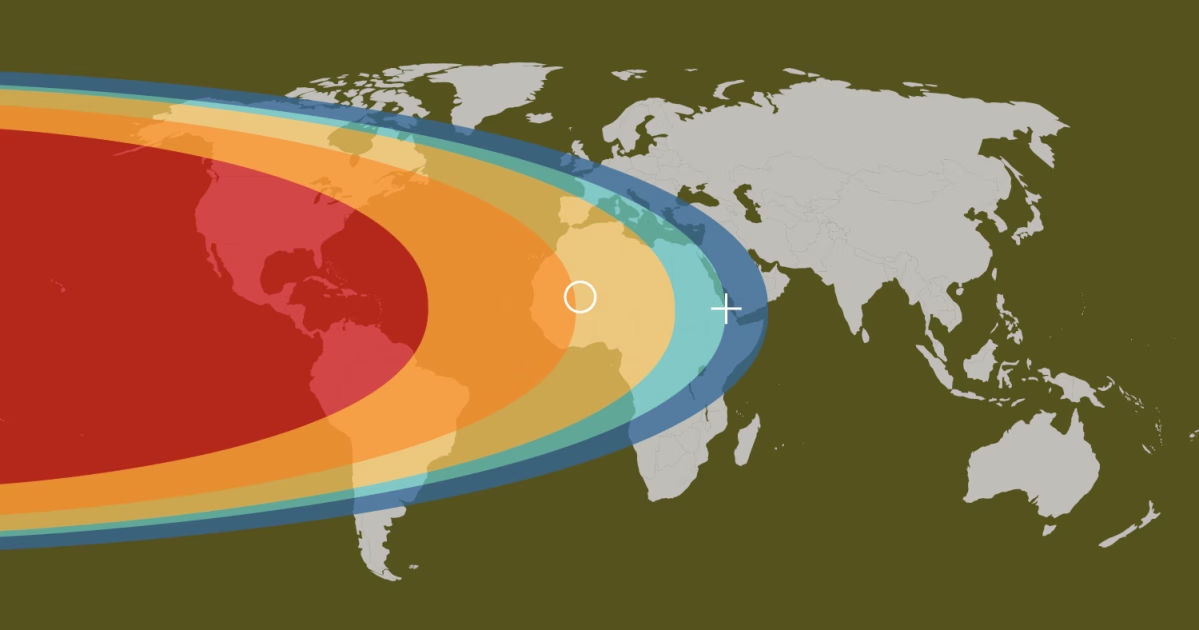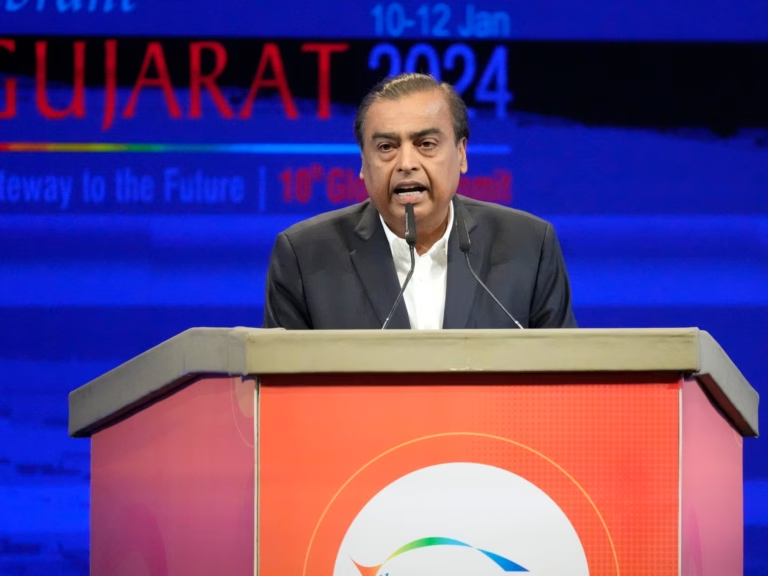For many countries, the start of fasting is expected to be on March 2, as it depends on the new moon’s visibility.
Ramadan is determined by the Islamic lunar calendar, which starts with the sighting of the crescent moon. Saudi Arabia and other Muslim-majority countries rely on the testimonies of moon sighters to determine the start of the month.
How is the Ramadan moon sighted?
For the moon to be visible, the crescent must set after the sun. This allows the sky to be dark enough to spot the small sliver of the new moon.
After sunset on February 28, the 29th day of Shaaban month in the Hijri calendar, moon sighters look west for a first glimpse of the crescent moon.
If the moon is sighted, the month of Ramadan begins, with the first fasting day on March 1. If not, Shaaban will have 30 days, and the first fasting day will be March 2.
In Saudi Arabia, testimonies from individuals who have spotted the moon are recorded, and the Supreme Court decides on when Ramadan should begin.

When does Ramadan begin in different countries?
According to Crescent Moon Watch, a moon tracker run by the United Kingdom’s Nautical Almanac Office, Ramadan’s new moon will occur on February 28 at 3:45am Mecca time (00:45 GMT).
On February 28, the new moon should be visible only in the Pacific, North America, and parts of South America.
It is unlikely that most of the world, including the Middle East, Europe, and South Asia, will be able to see the new crescent even with an optical aid.
For most countries, the new moon will most likely be seen without optical aid if the skies are clear worldwide on March 1.
For most countries in the Global South, the first day of fasting is likely to be March 2.

Lunar months last between 29 and 30 days, depending on the sighting of the new moon on the 29th night of each month. If the new moon is not visible, the month lasts 30 days.

Why is Ramadan holy?
Muslims believe that Ramadan is the month when the first verses of the Quran were revealed to the Prophet Muhammad over 1,400 years ago.
Throughout the month, Muslims fast from before dawn, Fajr, to sunset, Maghrib.
The fast involves abstaining from eating, drinking, smoking, and sexual relations to increase their “taqwa,” or closeness to God.
Fasting is one of the five pillars of Islam, along with the Muslim declaration of faith, daily prayers, charity, and performing the Hajj pilgrimage to Mecca if physically and financially able.
In many Muslim-majority countries, work hours are reduced, and most restaurants close during fasting hours.

How do you wish someone for Ramadan?
Various Muslim-majority countries greet each other with personalized salutations in their national languages. “Ramadan Mubarak” and “Ramadan Kareem” are common greetings exchanged throughout the month, wishing the recipient a blessed and generous month, respectively.








